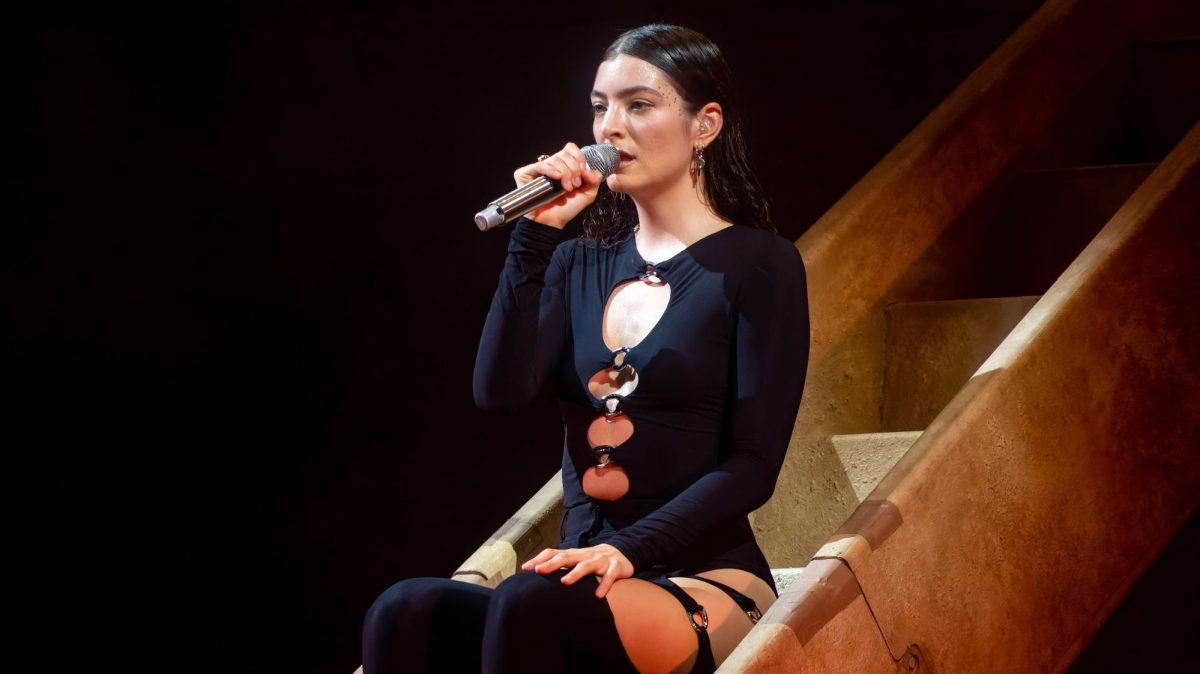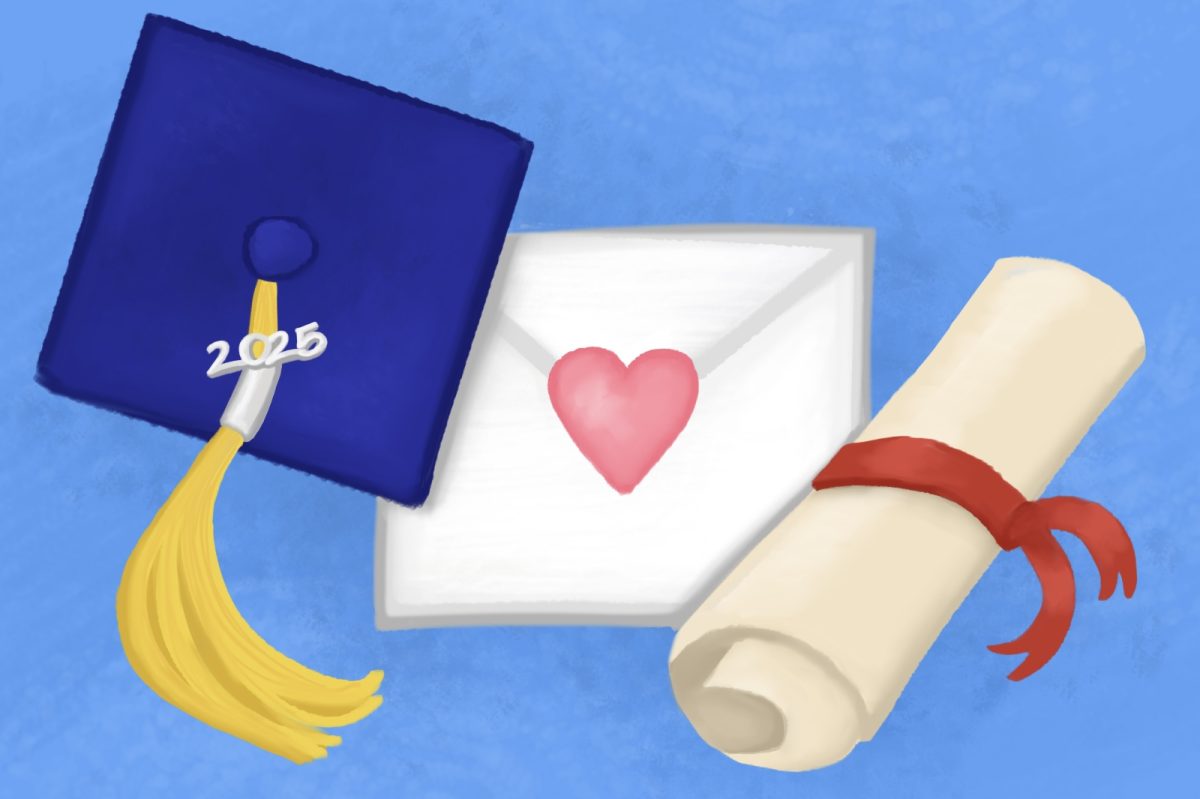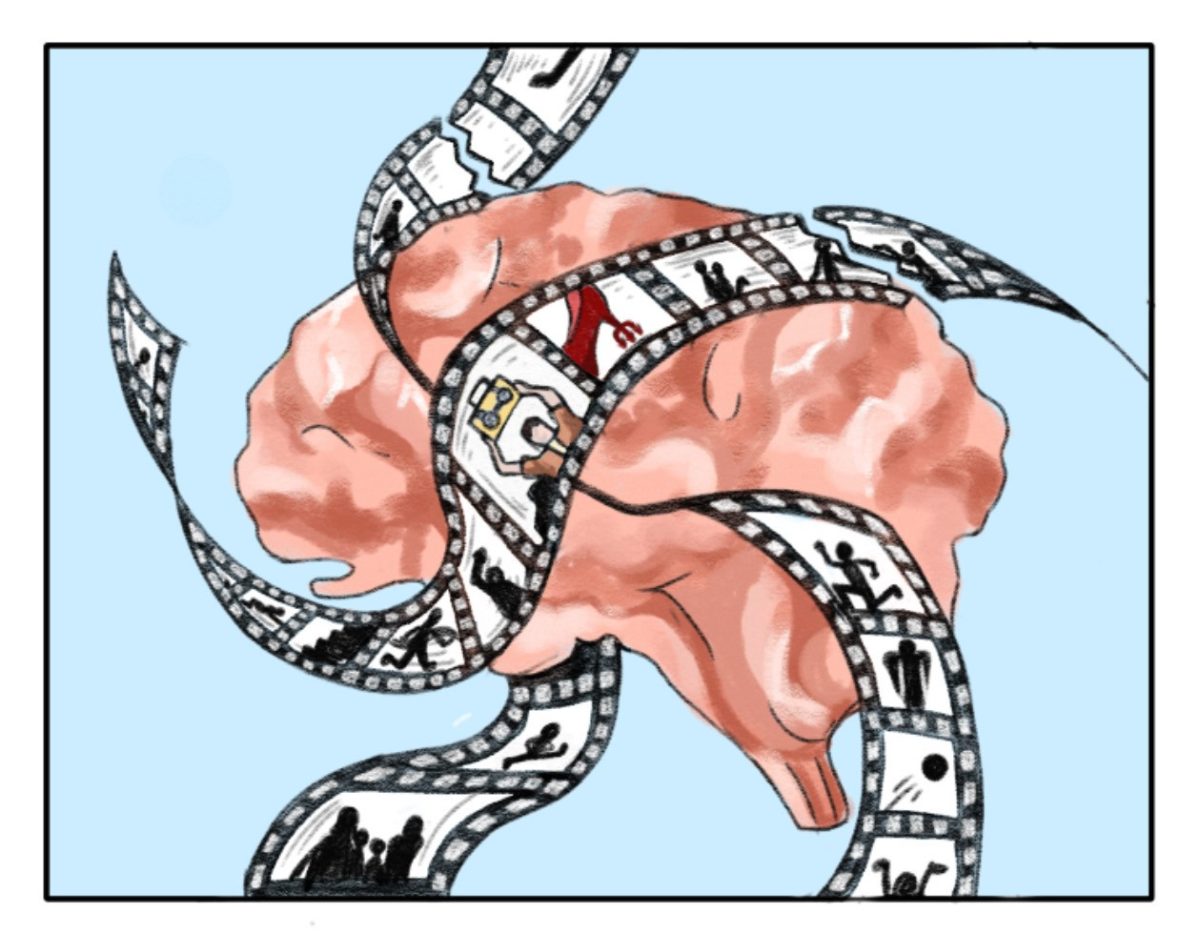On April 24, New Zealand singer and songwriter Lorde released “What Was That,” her first single released in over two years. The song leaked in the days prior to the release, and soon after, a common refrain began circulating on social media platforms like TikTok and Instagram: Lorde Summer. But what does this mean? When did placing a seemingly disconnected word before “Summer” become an established part of U.S. culture? And what are the implications of reducing something as transformative, diverse, and complicated as a summer break into what feels like a glorified ad for a new album? To understand this trend, one must first examine Brat—and the 2024 Brat Arena Tour—as the source of its current influence.
In spring 2024, Charli XCX, an English singer, songwriter, producer, and DJ, announced a new album scheduled for release on June 7. Like Lorde, Charli had not released an album in over two years, so anticipation was high—especially after the release of the first five of nine singles. Organically, the phrase “Brat Summer” became the unofficial emblem of the album, easily recognizable alongside its lime-green album cover. The phrase became so ubiquitous that Charli herself started using it, and it remains a core part of the artist’s brand identity. “Brat Summer” also gained unexpected political significance after Charli XCX posted on X (Formerly known as Twitter), “kamala IS brat,” aligning the aesthetic with presidential candidate Kamala Harris’s campaign. Given the cultural significance “Brat Summer” now holds, it’s worth asking the following questions: What does it mean to have a “Brat Summer?” What makes a summer “Brat?”
At its core, “Brat Summer” evokes a very specific image that Charli XCX both creates and embodies: partying into the early hours of the morning, casually consuming drugs (as heavily alluded to in the lyrics of “365”), and attending clubs and music venues with friends. However, despite those initial, admittedly negative associations, there remains a clear positive throughline with many songs. “So I” touches on the grief Charli still feels following the death of her close friend and producer, Sophie Xeon. “Girl, So Confusing” explores the complexity and confusion of having a friend whose inconsistent behavior further obscures already unclear intentions. Notably, Lorde featured on a remix of this song, generating substantial interest in both artists.
Simply put, to be “Brat” is to be flawed, emotional, vulnerable—and confident in the face of all of that. This message is the reason the album resonated so deeply.
So, what does “Lorde Summer” mean? Given that it was derived from a single that spans a mere 3:29 minutes, it quickly becomes clear that this vacuous term’s only purpose is to capitalize on the genuine complexity and thoughtfulness that went into the Brat brand. However, it is important to note that this wasn’t the fault of Lorde or her team. It also must be acknowledged that “What Was That?” holds clear personal significance. On her website, Lorde described this song as “THE SOUND OF MY REBIRTH.” Clearly, this song holds personal significance that goes unaddressed in “Lorde Summer.” As art, the song contains complex themes around relationships and the grief that follows a breakup. None of this artistry is commented on by those who declare summer 2025 “Lorde Summer.”
Two dynamics are at play here. First, Lorde’s new project has been widely perceived as a mere extension of “Brat Summer.” Second, the phrase Lorde Summer doesn’t emerge from a distinct aesthetic or emotional world created by Lorde. Instead, it symbolizes a collective desire for continuity between works, and for those works to be simplifiable, monolithic.
For many, the phrase “Brat Summer” meant little more than drinking cocktails and snorting cocaine. That meaning, though, was at worst a deliberate misinterpretation. But with “Lorde Summer,” there is only the illusion of meaning. This is not a case of fans misusing or misinterpreting something meaningful, because there’s nothing substantial being expressed in the first place. The phrase “Lorde Summer,” though organically popularized, is composed of mere echoes: borrowed slogans, recycled aesthetics, and the residue of more complex narratives.









